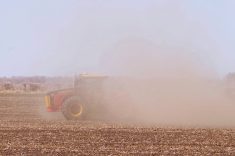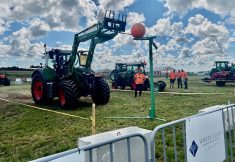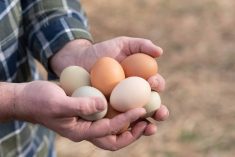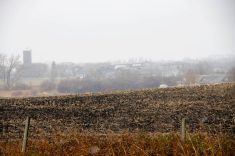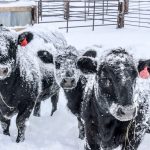As much as some people claim to enjoy the sport of federal politics, few have likely enjoyed this campaign.
Prime Minister Mark Carney got approval on March 23 to dissolve the 44th Parliament of Canada and call an election for April 28. Within that tight turnaround, political parties had to get new candidates lined up while incumbents made last-minute decisions on whether to seek re-election. Among those who decided against running again was Brandon-Souris MP Larry Maguire who was a well-known farmer before entering politics. For those who remain in the game, signs sprouted in snow-covered front yards before the first shoots of spring had the chance to poke up out of the ground.
Within that time, party leaders and candidates have done their level best to get their messages out, but as former prime minister Kim Campbell was infamously quoted to have once said, “an election is no time to discuss serious issues.”
Read Also
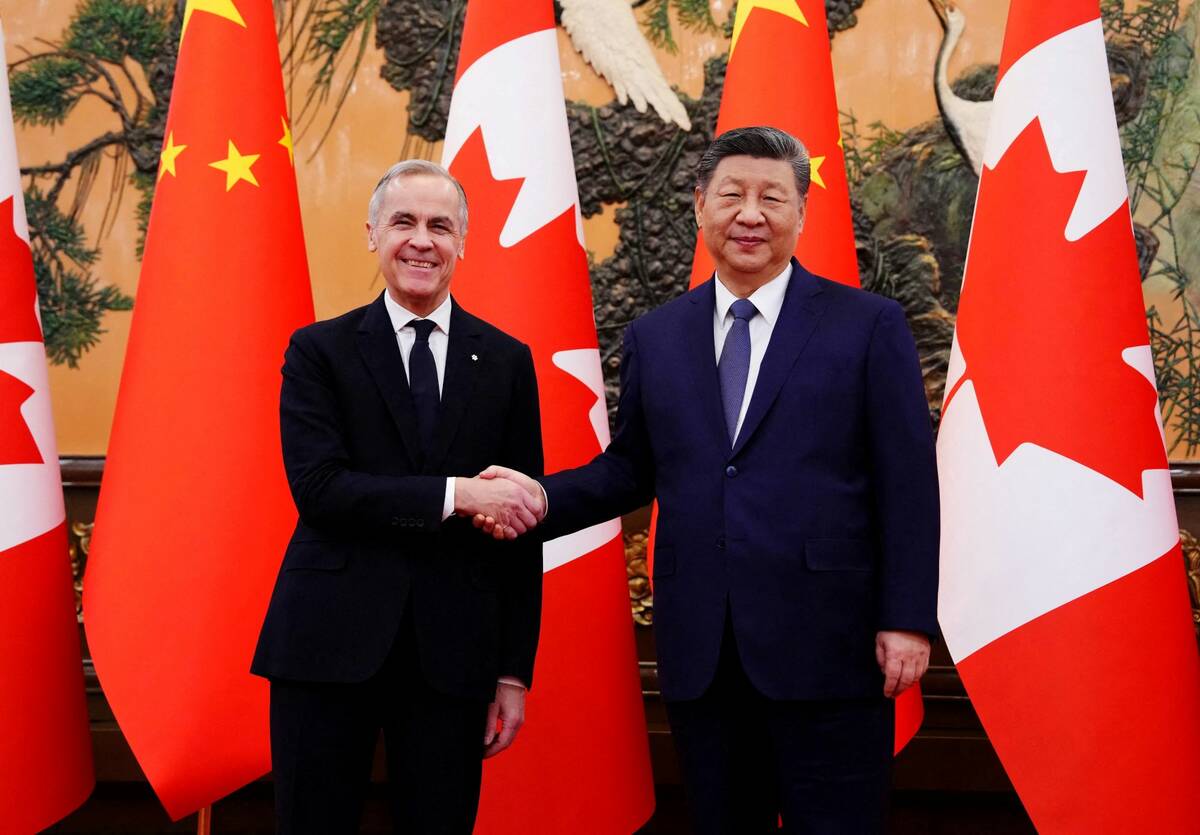
Pragmatism prevails for farmers in Canada-China trade talks
Canada’s trade concessions from China is a good news story for Canadian farmers, even if the U.S. Trump administration may not like it.
At the time it was seen as a devastating misstep, though she claimed she was misquoted. In the end, nine years of accumulated resentment towards former Prime Minister Brian Mulroney came crashing down on her in a historic defeat.
Unfortunately for all of us, she may have had a point, assuming the popular interpretation of her words.
As much as we like to think elections are the time to bring the big issues to the fore, most of us only ever see the leaders hustle from brief event to brief event, from soundbite to soundbite, or knocking on doors with the local candidates in whatever ridings are too close to call. Even the leadership debates, in which discussion of the issues is ostensibly the whole point, are held to tight schedules and quick or superficial answers by both the debate format and the confines of a TV or radio broadcast.
Making matters far worse is the domination of this federal election cycle by the pronouncements of the one politician who isn’t even in the running.
United States President Donald Trump’s protectionist ramblings, punctuated by incredibly insulting commentary about Canada, are understandably all that anyone is talking about, right now — and very possibly for the next four years or more.
Within that context, matters such as the well-being of the agriculture sector are discussed mainly in terms of collateral damage.
Even the parties’ agriculture-adjacent announcements — such as on capital gains, AgriStability, export market development, supply management et cetera — are made under pressure of economic threats facing both the export-dependent and supply-managed sectors.
So what are voters to do to make their feelings known? One could, of course, answer the phone when pollsters — or people claiming to be pollsters — start calling, but that doesn’t allow for any nuance in response.
We’ve been running a feature on Glacier FarmMedia websites this month titled, “What do you want to know before voting in Canada’s federal election?” and I do recommend taking part in that if you haven’t already.
I won’t make any predictions about the outcome, but I will make one more suggestion.
If there’s a serious issue affecting your life or your livelihood that hasn’t yet been made clear in any policy document or on the campaign trail with just days to go before the vote — reach out to your local candidates.
Even if that candidate doesn’t have a whisper of hope in your riding, but their party has a good chance of being able to sway public policy after an election, reach out.
Be clear, be thoughtful, be respectful, be patient and be prepared to educate someone who may not have a grasp of the issue. The candidates — and their parties — want to know what matters are top of mind with voters and it’s both our privilege and our responsibility to inform them.
Even if this isn’t the time to discuss serious issues, it’s certainly time to make sure the people volunteering for public office know what those issues are.






